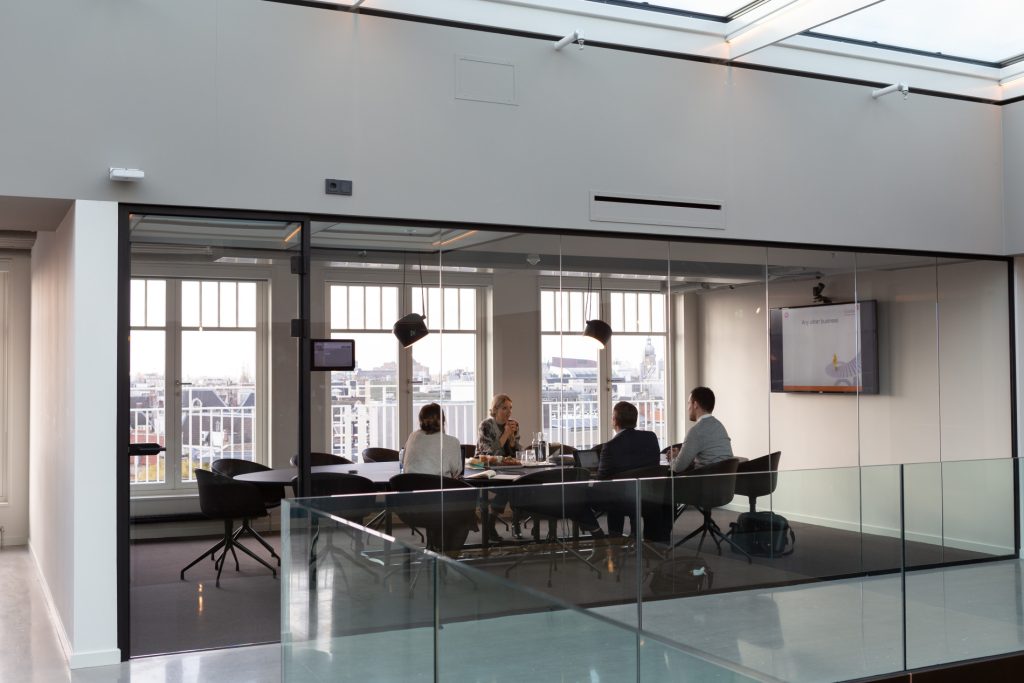The impact of remote work on hiring
The world of work has undergone a profound transformation in recent years, and one of the most significant changes has been the widespread adoption of remote work. With this shift comes a host of changes in the hiring landscape. Below we explore the impact of remote work on the hiring process and what it means for both employers and job seekers.
Expanding talent pools
Remote work has torn down geographic boundaries in the job market. Employers can now tap into a global talent pool, rather than limiting their search to local candidates. This expansion means a broader range of skills and experiences are accessible, ultimately leading to more diverse and capable teams.
Flexibility in job requirements
Employers have adapted to the remote work trend by re-evaluating job requirements. The focus has shifted from location and in-office attendance to skills, competencies, and the ability to work independently. This shift enables individuals who may not have met traditional qualifications to thrive in remote roles.
Enhanced work-life balance
Remote work offers employees the flexibility to balance their work and personal lives more effectively. As a result, job seekers are increasingly prioritising companies that offer remote work options. This shift in preference has put pressure on employers to consider remote work as part of their hiring strategy.
Evolving interview and onboarding processes
Virtual interviews, skills assessments, and remote onboarding have become standard practices. Employers have had to adapt their hiring processes to accommodate remote candidates, ensuring that the assessment of skills, cultural fit, and expectations is still rigorous and effective.
Increased importance of soft skills
Remote work has highlighted the significance of soft skills like communication, self-discipline, and time management. Employers are now placing a higher value on these qualities when evaluating candidates, as they are crucial for remote team collaboration and productivity.
Rise of gig and freelance opportunities
Remote work has given rise to the gig economy, with many companies hiring freelancers and contract workers for specific projects. This change in hiring dynamics provides more flexibility for both employers and workers.
Technology and cybersecurity considerations
Employers have had to invest in technology and cybersecurity measures to support remote work, and candidates with technical skills in remote collaboration tools and cybersecurity are in high demand.
Reimagining company culture
Maintaining a strong company culture has become a challenge in remote work environments. Employers are reimagining ways to build and sustain culture, including virtual team-building activities and communication strategies.
In conclusion, the impact of remote work on hiring is profound. It has forced both employers and job seekers to adapt to a new landscape where skills, flexibility, and adaptability are paramount. As remote work continues to evolve, the hiring process will continue to transform, requiring both parties to embrace change and leverage the opportunities it brings.
ARE YOU LOOKING FOR STAFF IN THE HUNTER VALLEY NEWCASTLE REGION?
ASR Recruitment is a boutique recruitment agency specialising in Human Resources recruitment, Engineering recruitment, IT & Technology recruitment, Business Support recruitment, Marketing & Communications recruitment, Accounting and finance recruitment and Construction recruitment.
Find out more by visiting our Clients page!
Looking for a new Role Search Jobs here.
From our blog
Read our articles below to see our latest insights.









